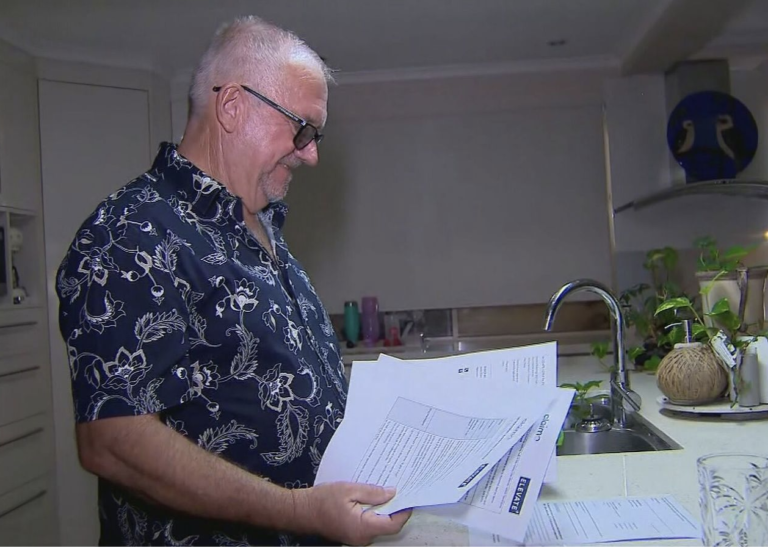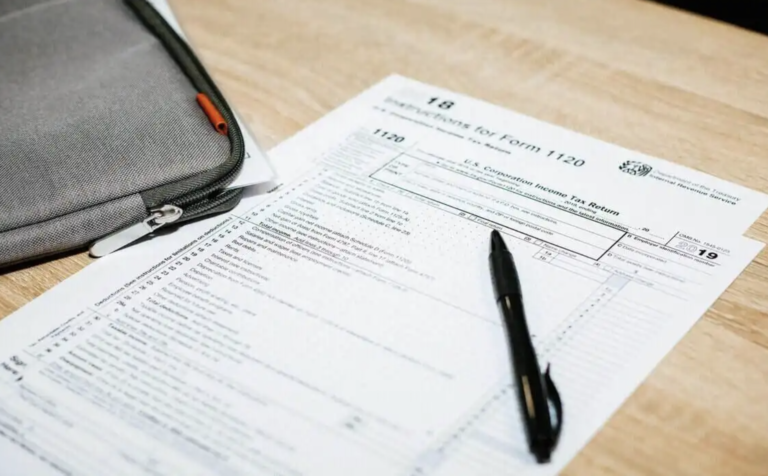Can you get a refund on insurance?
In short – the answer is yes. You can get a refund on your insurance, but conditions do apply depending on the type of insurance you have.
One of the main reasons people want a refund on their insurance is due to being sold junk insurance or dodgy unnecessary insurances.
In 2018, The Royal Commission into Misconduct in the Banking, Superannuation and Financial Services Industry revealed that Australia’s big four banks have been ripping off customers by selling unnecessary and worthless insurance products attached to loans and credit cards.
Claimo are industry experts and find many car dealerships, banks and insurance companies wrongly selling insurance policies attached to loans, credit cards, home loans and store cards.
These products are often referred to as “junk insurance” and you may be eligible for a refund.
Some common insurances that are attached to car loans you may be able to claim include:
• Consumer Credit Insurance (CCI) or Finance Protection Insurance (FPI)
• Guaranteed Asset Protection (GAP) or Shortfall Insurance
• Extended Warranty (EW) or Mechanical Breakdown Insurance (MBI)
• Tyre and Rim Insurance (TRI)
You can still apply for refunds if the accounts are are closed or open.
The only difference is that if the account is closed, any refunds will likely be transferred to you directly however, if it’s open, any refunds will likely be applied to the balance.
If you have claimed under your insurance policy before, the bank or insurer is likely to make it extra difficult to claim a refund by asking tougher questions to prove why you are entitled to a refund. In some rarer cases, if a liability is found through the External Dispute Resolution Process (EDR) channel or the financial firm makes an offer to resolve your claim, any benefits will likely to be deducted from the any amounts offered.
Example:
If you claimed $10,000 under Consumer Credit Insurance policy but were charged $5,000 in total, this means you have benefit by $5,000. In this instance, the benefit received is greater than the cost of the policy, and you most likely not receive a refund.
Due to the high volume of people affected, law firms are investigating potential class actions on behalf of customers who paid for add-on insurance products when purchasing a motor vehicle, loan, or credit card, and you may be one of them.
If you are still part of the class action, you cannot pursue the matter yourself or request Claimo to act on your behalf unless you have opted out. You can choose to opt out of the class action if you would like to pursue your claim independently.
You should seek legal advice to determine whether you should remain in the class action.
If you remain a member, you will be bound by the Courts decision and will not be able to seek further compensation if you do not opt-out of the class action.
Based on previous class actions of junk insurance, members may have recevied significantly less than they were charged. Therefore, you need to make a decision as to whether you wish to remain or opt out of the class action.
When you request a refund for unnecessary and worthless insurance products sold to you by the insurance company, you will be taken to their Internal Dispute Resolution team. If your claim is successful, they will make an offer to resolve your complaint.
Refunds vary from hundreds to thousands depending on the policy. CCI & GAP policies often incur interest charges too, making for higher refunds.
There are a range of offers that banks or insurers can make which may be good or bad depending on how much you have been charged. For example, the insurer may refund you the amount of the policy but not the interest charged on top.
A bank or insurer may also offer a partial or ‘ex gratia’ refund as an offer of goodwill rather than accepting any fault or liability but rather to resolve the problem in a timely fashion. Unfortunately, ‘partial refunds’ are often used as a negotiation tactic by financial firms without any explanation meaning consumers are unable to make informed decisions.
Behaviour like this from financial firms is seriously unethical and can be reported to AFCA and Australian Securities and Investments Commission (ASIC).
In some rare or serious cases, consumers may also be entitled to a refund of other fee’s and bank charges such as late payment fees and/or default interest charges. These refunds are provided depending on the circumstances of the case. They are also usually more complicated and take longer to settle if there is a higher amount of money involved.
Non-financial loss sometimes may also be offered to compensate you for time delays, stress, inconvenient, and/or bullying or pressure tactics by financial firms. AFCA can offer non-financial loss payments of up to $5,000 depending on the misconduct by the firm however generally offers a minor award.
If you do not accept an offer made by a financial firm because it does not resolve your concern, you can escalate the matter with the Australian Finance Complaints Authority (AFCA) which is an External Dispute Resolution scheme. AFCA independently assesses claims and therefore do not work for either party.
At AFCA, the matter is investigated and sometimes make a final, legally binding Determination if your matter remains unresolved. More information about AFCA can be found at www.afca.org








